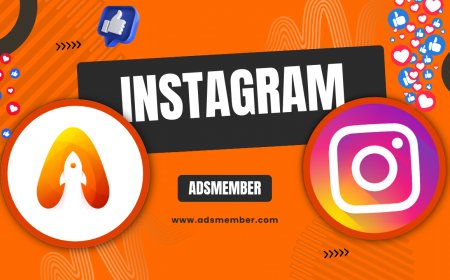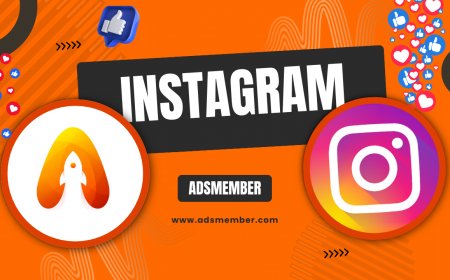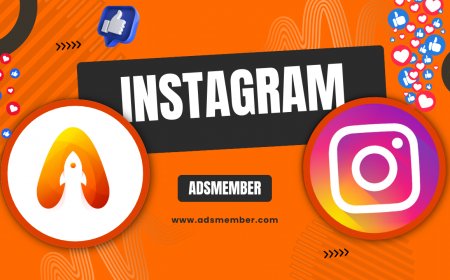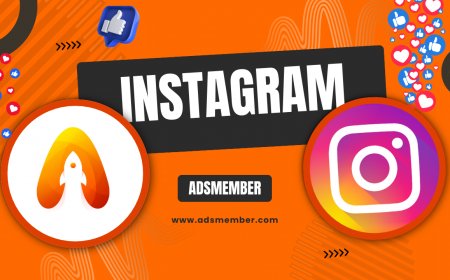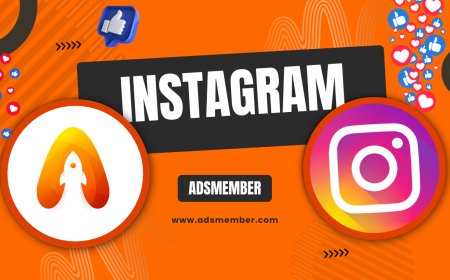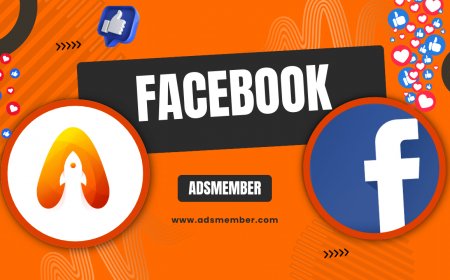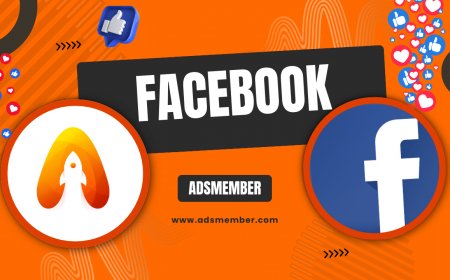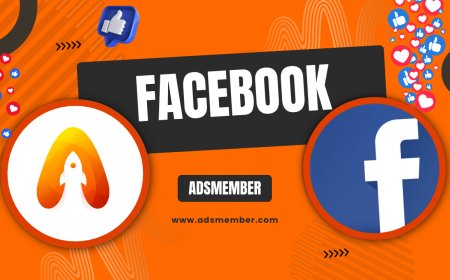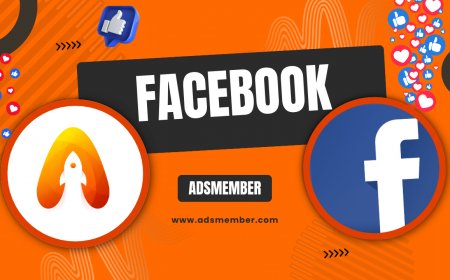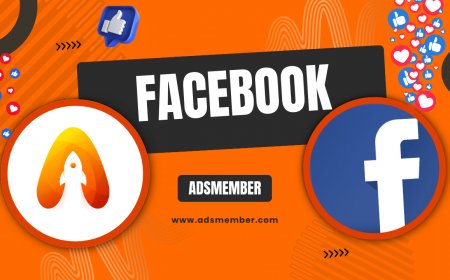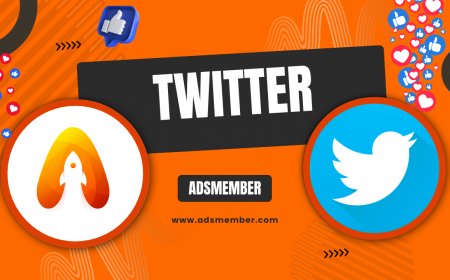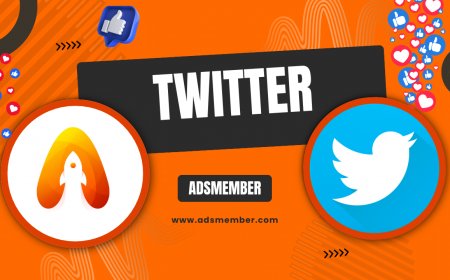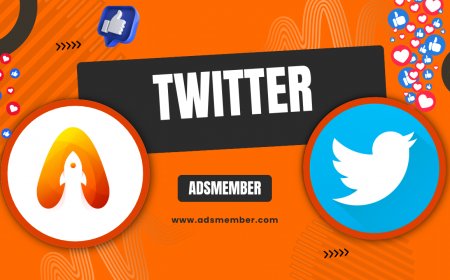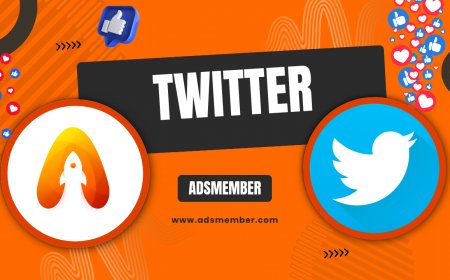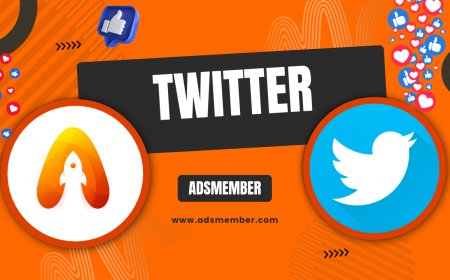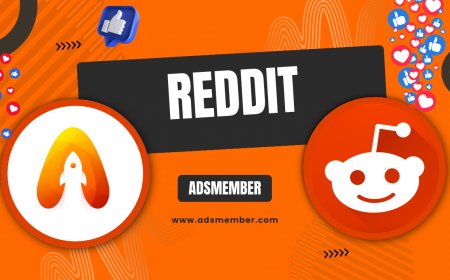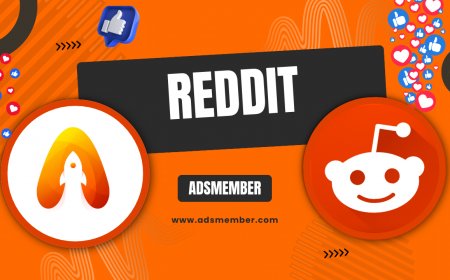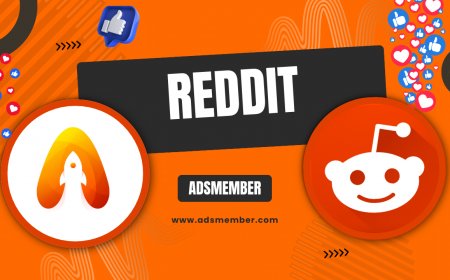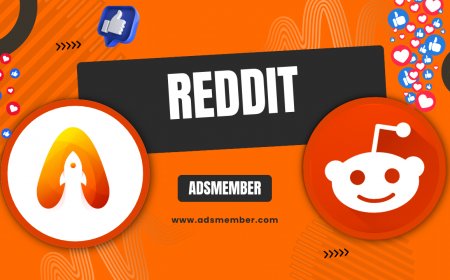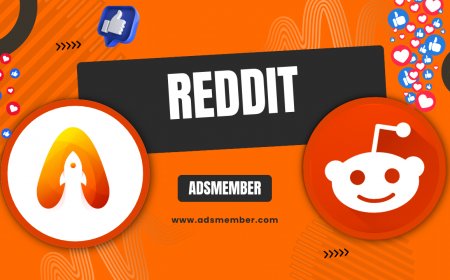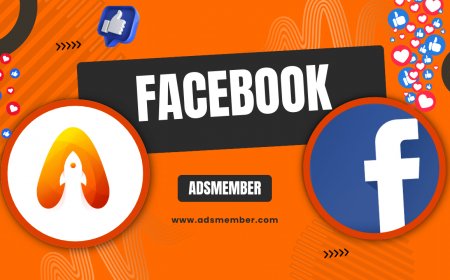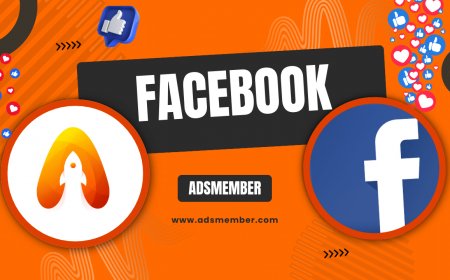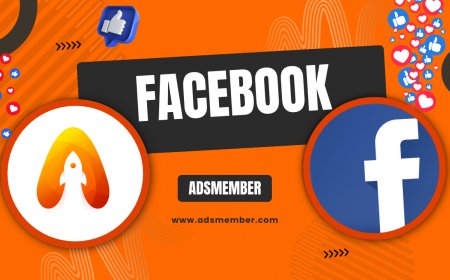Understanding the Facebook Data Breach: What You Need to…
Explore the Facebook data breach scandals, their impact on users, and how to protect your privacy. Learn key facts, risks, and actionable steps to stay secure…
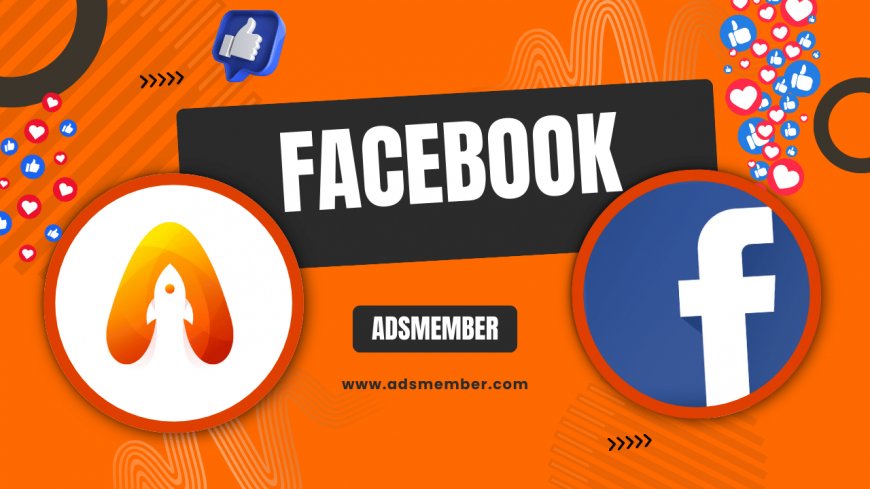
facebook-guia-definitiva-2023">Facebook data breaches have shaken user trust over the years, exposing millions of personal records to unauthorized access. Honestly, it’s alarming to think how much of our lives we’ve shared on this platform, only to realize it’s not as secure as we hoped. From the infamous Cambridge Analytica scandal to more recent leaks, these incidents highlight the critical need for online privacy awareness. In my opinion, understanding what happened and taking proactive steps can make a huge difference. Let’s dive into the major breaches, their consequences, and how you can safeguard your data starting today.
Major Facebook Data Breaches in History
The term 'Facebook data breach' often brings to mind high-profile cases that made global headlines. These incidents aren’t just numbers—they’ve affected real people, maybe even you or someone you know. Let’s unpack the biggest breaches that shaped the conversation around social media security.
The Cambridge Analytica Scandal (2018)
In 2018, the Cambridge Analytica scandal revealed how data from up to 87 million Facebook users was improperly harvested for political ads. This wasn’t a traditional hack but an exploitation of lax app permissions. I remember feeling betrayed when I learned how a simple quiz app could access not just my data but my friends’ too. According to reports from Statista, this incident sparked a 66% drop in user trust in Facebook’s privacy practices (Statista). It’s a wake-up call about third-party app risks.
The 2019 Data Leak of 540 Million Records
In 2019, a staggering 540 million user records were exposed due to unsecured databases linked to third-party apps. Phone numbers, names, and even comments were left vulnerable. Honestly, it’s frustrating to see such negligence. This breach, reported by cybersecurity firms like UpGuard, showed how even indirect partners of Facebook can pose risks. It’s a reminder to limit what you share, no matter how 'secure' a platform seems.
Impact of Facebook Data Breaches on Users
The fallout from a Facebook data breach goes beyond headlines—it hits users hard. From identity theft to financial loss, the consequences can be devastating. I’ve seen friends panic over leaked info, and it’s heartbreaking. Let’s break down the real-world effects and why you should care.
Privacy Loss and Identity Theft Risks
When personal data like emails or phone numbers leak, cybercriminals can exploit it for phishing or identity theft. In the 2019 breach, exposed data led to a spike in spam calls for many users. It’s unnerving to think someone could impersonate you using stolen info. Protecting your accounts with two-factor authentication (2FA) is a must—more on that later.
Financial and Emotional Toll
Some victims of data breaches face direct financial scams, while others deal with emotional stress. Imagine waking up to unauthorized transactions because your data was sold on the dark web. I’ve felt that anxiety myself during past leaks. A 2021 Pew Research study noted that 64% of Americans worry about data misuse after breaches (Pew Research). It’s a heavy burden to carry.
How to Protect Yourself After a Facebook Data Breach
Feeling helpless after a breach is normal, but you’re not powerless. There are actionable steps to secure your data and reduce risks. I’ve implemented these myself and seen the peace of mind they bring. Let’s walk through a detailed guide to protect your online presence.
Step-by-Step Guide to Securing Your Facebook Account
- Change Your Password: Use a strong, unique password with letters, numbers, and symbols. Avoid reusing passwords across platforms.
- Enable Two-Factor Authentication (2FA): Go to Settings > Security and Login > Two-Factor Authentication. This adds an extra layer of protection.
- Review App Permissions: Under Settings > Apps and Websites, remove access for unused or suspicious apps.
- Limit Data Sharing: Adjust privacy settings to control who sees your posts and personal info.
- Monitor Account Activity: Check for unfamiliar logins under Security and Login > Where You’re Logged In.
These steps take just minutes but can save you from major headaches. I can’t stress enough how 2FA has been a game-changer for me.
Comparing Major Facebook Data Breaches
Not all breaches are equal—some hit harder than others. Below is a comparison table based on data from official reports and cybersecurity analyses. This can help you understand the scale and focus of each incident.
| Incident | Year | Users Affected | Data Exposed | Cause |
|---|---|---|---|---|
| Cambridge Analytica | 2018 | 87 Million | Profiles, Preferences | Third-Party App Misuse |
| 2019 Data Leak | 2019 | 540 Million | Names, Phone Numbers | Unsecured Databases |
This table shows how breaches vary in scope and cause. The sheer number in 2019 is staggering, but Cambridge Analytica’s targeted misuse felt more invasive to me. Check out more on social media risks at Facebook Security Tips.
Unique Tip: Use a Data Breach Checker Tool
Here’s a tip you won’t find everywhere: use a data breach checker like Have I Been Pwned to see if your email or phone number was leaked. I discovered one of my old accounts was compromised this way—it was a shock but allowed me to act fast. Just enter your details on their site, and you’ll get a report of known breaches. Pair this with regular password updates, and you’re ahead of most users in staying safe.
FAQ: What Was the Biggest Facebook Data Breach?
The 2019 data leak impacting 540 million users is often cited as the largest in terms of sheer numbers. Exposed records included personal details stored in unsecured databases by third-party apps. It’s a stark reminder of how vulnerable data can be, even indirectly.
FAQ: How Can I Tell If My Data Was Leaked?
Check for unusual account activity or use tools like Have I Been Pwned. Facebook may also notify you via email or in-app alerts if your data was compromised. Stay proactive by monitoring your privacy settings and login history regularly.
FAQ: Should I Delete My Facebook Account After a Breach?
It depends on your comfort level. If privacy concerns outweigh the platform’s value to you, deleting your account is an option. However, securing it with 2FA and limited sharing can also mitigate risks. Weigh the pros and cons before deciding.
What's Your Reaction?
 Like
0
Like
0
 Dislike
0
Dislike
0
 Love
0
Love
0
 Funny
0
Funny
0
 Angry
0
Angry
0
 Sad
0
Sad
0
 Wow
0
Wow
0
